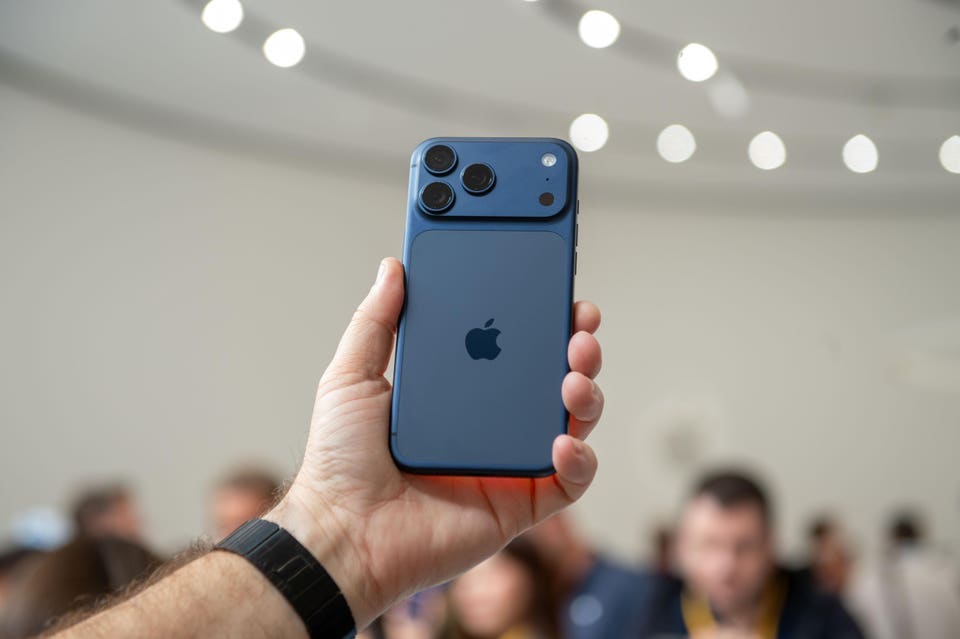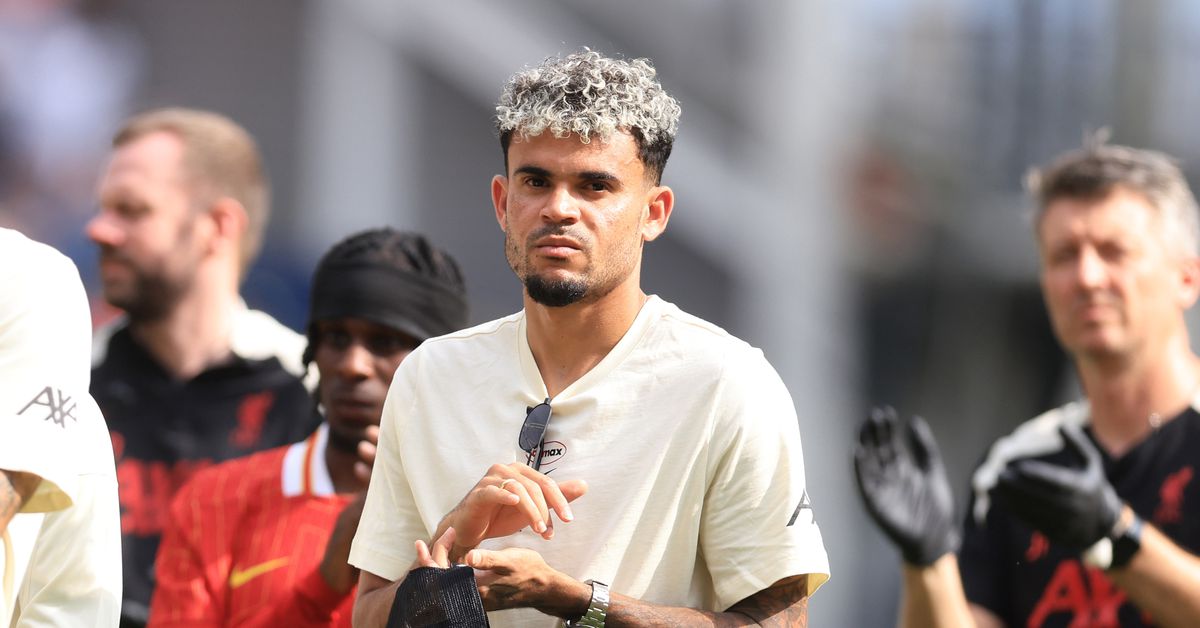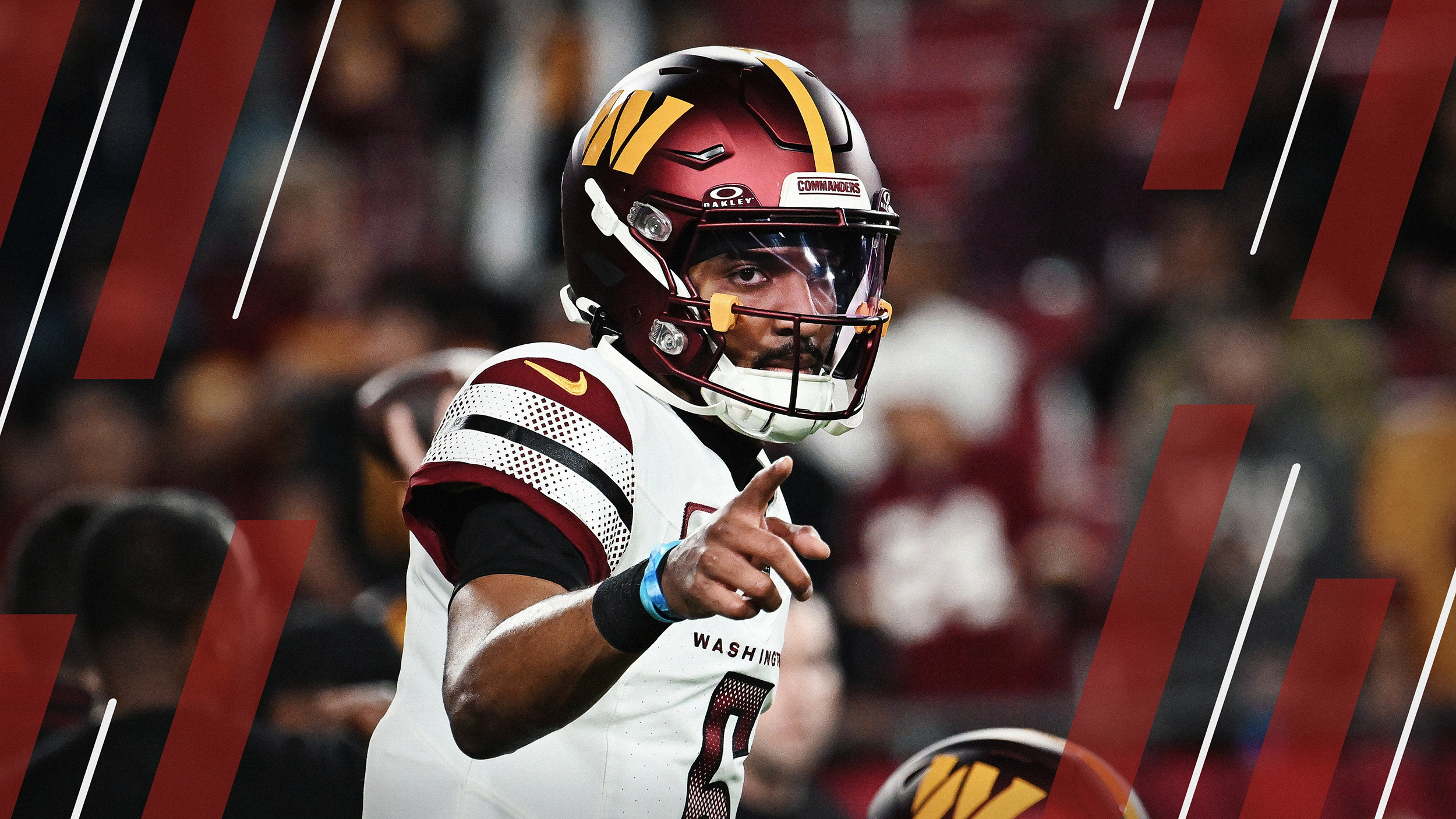VAR Decisions Spark Debate Over Sunderland’s Goal and Liverpool’s Penalty

Video Assistant Referee (VAR) decisions continue to ignite discussions in the Premier League, particularly following recent matches involving Sunderland and Liverpool. Two key incidents during these games have drawn scrutiny regarding their adherence to VAR protocols and the Laws of the Game.
Sunderland’s Controversial Winner Against Chelsea
In a thrilling encounter on March 3, 2024, Sunderland secured a dramatic victory over Chelsea at Stamford Bridge, leading to questions about the legitimacy of their winning goal. The incident occurred in the final moments of the match, with Sunderland’s Chemsdine Talbi scoring a late goal that was scrutinized for a potential offside offense involving his teammate, Lutsharel Geertruida.
Referee Andy Madley officiated the match, with Craig Pawson serving as the VAR. The key question was whether Geertruida was in an offside position when the ball was played and if he interfered with the Chelsea goalkeeper, Robert Sánchez. Geertruida was positioned directly between Talbi and Sánchez, prompting an extensive review by the VAR team.
Upon investigation, VAR confirmed that Geertruida was behind Chelsea defender Reece James at the moment the ball was played. This positioning meant he did not interfere with Sánchez’s line of vision, allowing the goal to stand. The review involved multiple camera angles to verify the on-field decision, ultimately ruling the goal legitimate and avoiding a contentious disallowance.
Liverpool’s Penalty Controversies Against Brentford
Later that same day, another VAR incident unfolded during the match between Brentford and Liverpool, which featured two significant decisions involving penalties. The first came just before halftime when Liverpool’s Cody Gakpo was challenged by Brentford’s Nathan Collins. Gakpo, having received a pass inside the penalty area, evaded Collins’ tackle but fell to the ground, anticipating a foul.
Referee Simon Hooper initially ruled no penalty, maintaining that the level of contact did not constitute a foul. The VAR, Chris Kavanagh, concurred after reviewing the footage, determining that the incident did not meet the threshold required for a penalty kick. This decision highlighted the ongoing debate around players falling to the ground in an attempt to influence the referee’s judgment.
The second pivotal moment occurred shortly after the break when a free kick awarded to Brentford was overturned to a penalty following a VAR review. The initial call by referee Tim Robinson indicated a foul by Liverpool’s captain Virgil van Dijk occurred outside the penalty area. However, after consulting VAR, it was established that the foul took place on the line, necessitating a penalty instead. Igor Thiago successfully converted the penalty, extending Brentford’s lead to 3-1.
In both matches, VAR played a crucial role in shaping the outcomes, facilitating discussions about its effectiveness and the clarity of on-field decisions. The events serve as a reminder of the complexities involved in officiating at the highest level of football, where every decision can be pivotal.
As the Premier League season progresses, the scrutiny of VAR decisions is likely to continue, with fans and analysts keenly observing how technology interacts with the traditional laws of the game.






